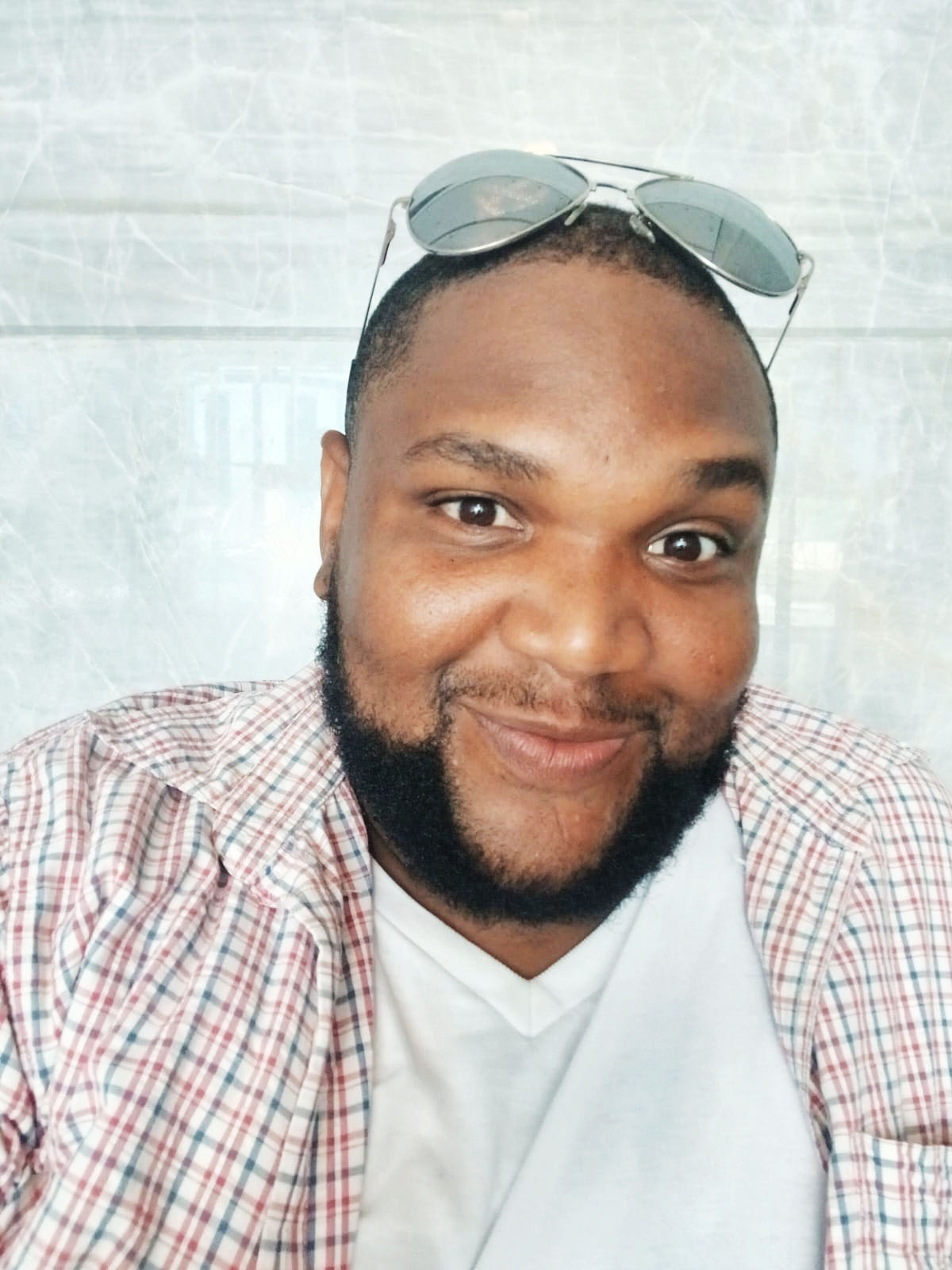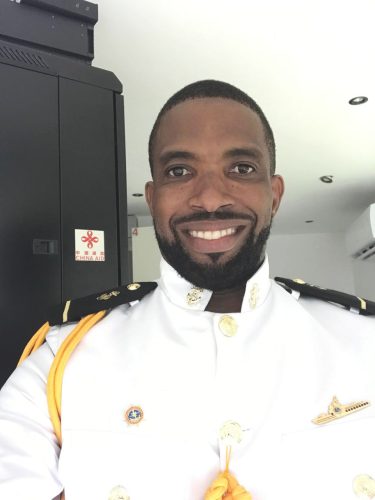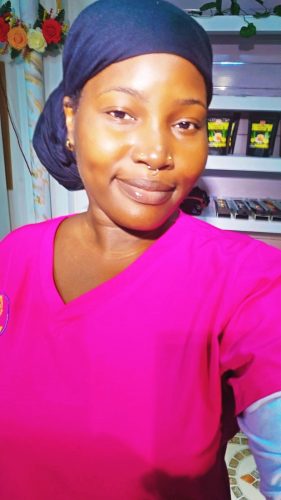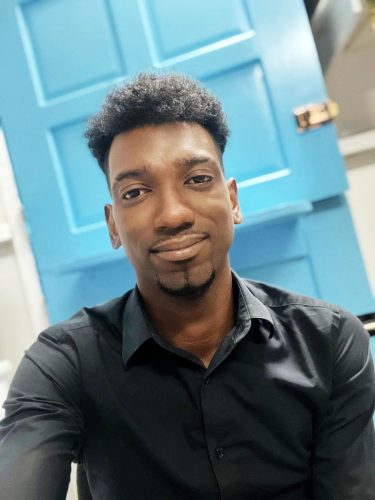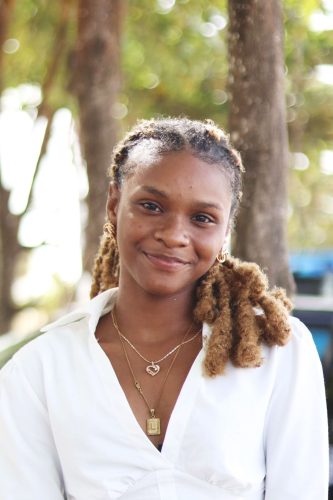By Rae Wiltshire
“Children of Baby” by Mosa Telford is a poignant drama inspired by the tragic Baby Arthur killings in Guyana in 1994. The play explores the aftermath of the massacre through the eyes of those whose lives were irrevocably altered by the events. As it delves into the personal and communal fallout, the narrative reveals the deep emotional scars and the struggle for healing among the affected individuals.
Through their stories, the play underscores the profound need for empathy and forgiveness within a community grappling with the legacy of violence and loss. Telford’s work is a compelling reflection on the human capacity for resilience and the importance of collective support in the face of unimaginable tragedy. The play debuted at the National Cultural Centre last night and is on again tonight. It is directed by Nickose Layne.
Here, the actors offer their take on the complex roles they are playing.
Frederick Minty (Baby):
“This story is important because it remains relevant to our history as a people, and it offers lessons we can still learn from today. Though the incident happened years ago, it echoes the current situation where many young people are involved in drug use. This story shows how these actions affect not only the individual in the moment but also those around them and how these effects can transcend generations. Additionally, the talented cast brings the story to life in a captivating way, making it a must-see.
“Performing in ‘Children of Baby’ has been both eye-opening and enjoyable for me. This experience has made me realize the need to know more about my country’s history. The role also challenged me to tap into a different mindset and space, revealing more depth to my usually bubbly personality. Working with the director, Nickose Layne, and being part of his vision has been an amazing and reward-ing experience.”
“I portray Michael, a loving father and responsible husband who is tragically murdered alongside his wife, June, by the main character, Baby. After their deaths, June and Michael intermittently visit their son Damien in ghost-like form throughout the play.
“This play is important because it revisits a dark moment in our history that stained a village and left indelible grief on many minds. It serves as a sober reminder of the devastating effects such events can have, urging us to remember and learn from our past to prevent such tragedies from happening again.
People should come to see the play because the storyline and characters are relatable. The interplay between Madalla, Angel, and Damien resonates with everyone. Despite living through the Baby Arthur massacre, I never paid much attention to it, and this production has been enlightening for me. The experience of working with this cast has been fun, stress-free, and non-toxic — everyone brought a sense of unity and togetherness, guided by a director who makes actors feel comfortable, relaxed, and willing to give their best.”
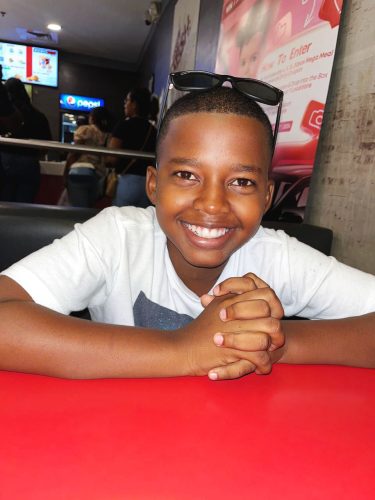 Kareem Jabar (13-year-old newcomer, young Damien):
Kareem Jabar (13-year-old newcomer, young Damien):
“This story is important because it helps us learn about our history and what life was like back then. I think people should come and see the play because it majorly contributes to understanding our historical past.
“‘Children of Baby’ helped me unlock a hidden talent within me. This being my first play, it has been an excellent experience and taught me to distinguish between Kareem offstage and Damien onstage.”
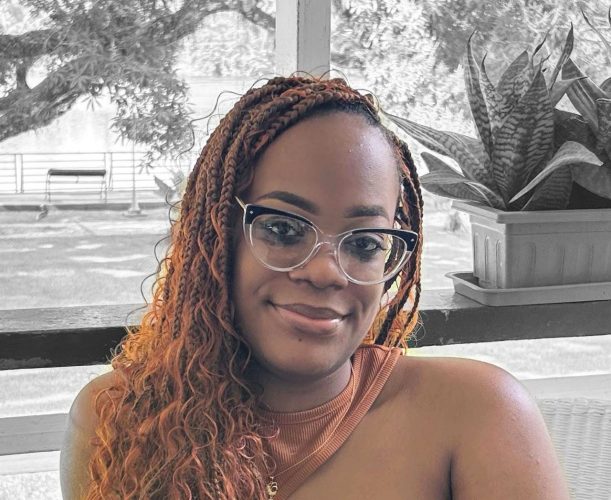 Tchaiko Rodney (June, Damien’s mother):
Tchaiko Rodney (June, Damien’s mother):
“This story is important because it highlights mental health issues in Guyana and emphasizes the idea that ‘it takes a village’ to support someone in need. It’s essential to see this story unfold to prevent another Baby Arthur recurrence and to learn how not to treat people in their time of need.
“Preparing for this role has been a significant step in my growth as an actor. I’ve learned to project my voice even in the most awkward positions. Working with the team and director has been an enriching experience, especially learning about masquerade and how it ties into the story and our culture. Moments like these remind me why I became a performer, and it’s rewarding.”
“This story is crucial for helping us recover from lifelong trauma and seek repentance and forgiveness, not just for ourselves but for others as well. The story is very realistic, and the audience can relate to many of the scenes due to their relevance to everyday life and current societal issues.
“I have experienced similar challenges as Ma Dalla, and playing this character has shown me my strength. The process involved mixed emotions — pretending to have a limp, living Ma Dalla’s lifestyle, and expressing horror. But the camaraderie among the cast, the director, and everyone involved in making this production a success has made it all worthwhile.”
“The play is inspired by a tragic event that happened years ago, serving as a reminder of why such events must never be repeated and why we must pay attention to each other’s mental well-being.
“The play offers something for everyone, regardless of race or gender, so I encourage people to come in their numbers as we take them on a journey through art. Because this play is so intense, I’ve learned how to control my emotions while transitioning in and out of character, which will be a valuable skill for future projects. It has been a roller coaster of emotions and energy, but working with such a great team on a fantastic script has been an awesome and growth-filled experience.”
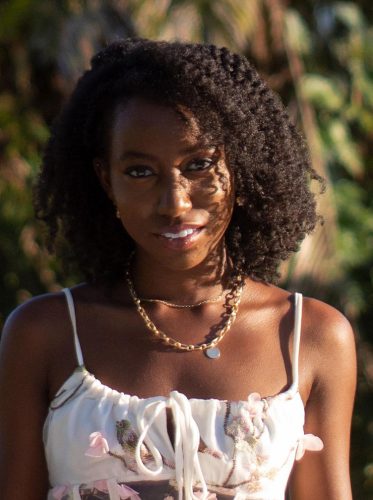 Chareese Vandyke (young Ma Dalla):
Chareese Vandyke (young Ma Dalla):
“This story is incredibly important because it shows how one monumental shared experience can affect people differently.
“People should see the play because sometimes bad people have good stories, and even though these stories can take us to uncomfortable places, they are still worthy of being told.
“Through this role, I’ve learned that I can be resilient when life calls for it. Young Ma Dalla is quite different from other roles I’ve played, from her personality to her speech and body language. The experience has been absolutely wonderful. I’ve had the pleasure of working with some incredibly talented people, while performing in a play written by an equally talented writer. I couldn’t have asked for anything better.”
“… This story not only highlights a true event that many might not be aware of, but it also addresses the reality of murder, trauma, and family dynamics. The story mirrors the struggles of society, making it important for us to use our talents to engage with such issues.
“Besides supporting the brilliant minds behind the scenes, the actors who have brought these characters to life, and the creators of the phenomenal set designs, it’s important that the play’s message is witnessed. While we shouldn’t dwell on the past, we need to remember it and understand its significance to the present. This play will be an eye-opener to today’s issues, incorporating elements of Caribbean culture that are fading away.
“I’ve learned that I still have much to experience in life, and until I played the role of Angel, I was clueless about how to handle particularly tough situations. The experience has been absolutely enlightening. Seeing creatives at home creating does something to me that words cannot express, and this experience has left me speechless.”
